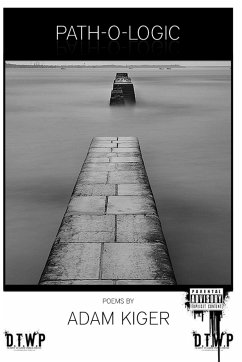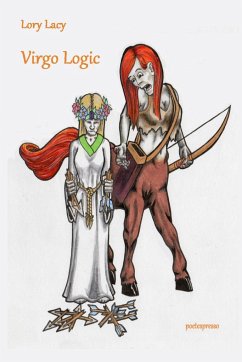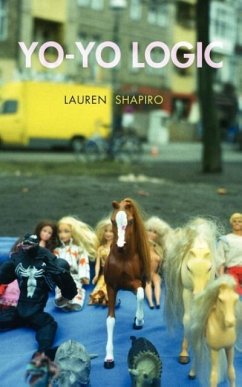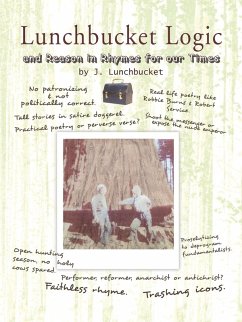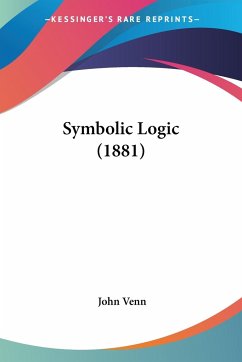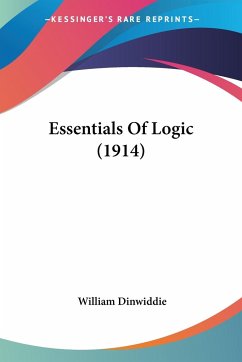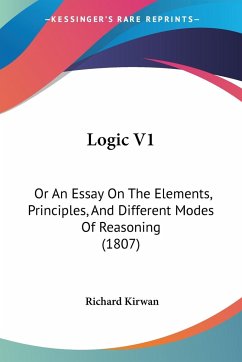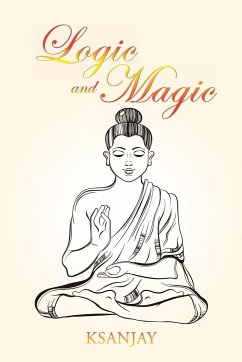
Logic And Magic

PAYBACK Punkte
5 °P sammeln!
The present collection of poems highlights the traditional way of Indian life that affect the progress of nation due that other countries made their progress in all walk of life. But India is known as progressing country the main reason is Indian people believe in magic instead of logic. These poems are the experiences of poet at personal level but these experiences are representation of his society which is known as Dalit in other words untouchable. Casteism is a curse to Indian society and poet along with his society victim of this unjust system. Upwardly it seem to that caste is vanished it...
The present collection of poems highlights the traditional way of Indian life that affect the progress of nation due that other countries made their progress in all walk of life. But India is known as progressing country the main reason is Indian people believe in magic instead of logic. These poems are the experiences of poet at personal level but these experiences are representation of his society which is known as Dalit in other words untouchable. Casteism is a curse to Indian society and poet along with his society victim of this unjust system. Upwardly it seem to that caste is vanished it is remained in different form which a common man can't see. It is observed in government office, the corrupt bureaucracy has kept it alive by denying the work of untouchables. Some caste are denied the status, the peons are not ready to work for untouchables. It is very unfortunate that in 21st century a modern man see this. The poems like corruption, logic and magic highlight the traditional way of Indian life. The tone of poems is satiric it also appeals to change the attitude of man in particular as well as man in general. The poems have historical background, once India was place of knowledge and peace but due to foreign invasion it came under the spell of colonialism. Diversity has broken the heart of Indian men and women; they are suffering under the burden of culture and religion. Poems are speaking picture of life, the poems have autobiographical elements. This is his first effort to show the reality of human life especially Indian life. He appeals to break the geographical boundaries and become one of the parts of this beautiful earth. These poems are in free verse but these carry the rhythm and music.





